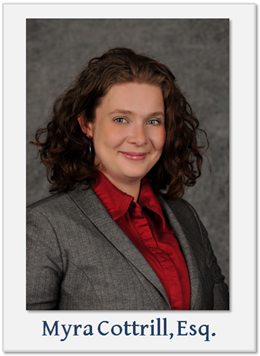October 3, 2014 •
Ask the Experts – Contingency Fee Restrictions
Q. I am a registered lobbyist, and I receive a contingency fee as part of my compensation. Should I be worried? A. In a majority of jurisdictions, there are express provisions prohibiting registered lobbyists from receiving a contingency-based fee. Every […]

Q. I am a registered lobbyist, and I receive a contingency fee as part of my compensation. Should I be worried?
A. In a majority of jurisdictions, there are express provisions prohibiting registered lobbyists from receiving a contingency-based fee. Every jurisdiction treats this issue differently, and there is a wide range of statutory oversight. This issue becomes especially problematic for in-house employees who wear dual hats—you may be required to register as a lobbyist because of your interactions with government officials on behalf of your company, but you may additionally be involved in sales work.
In some jurisdictions, including Louisiana, New Hampshire, and Wyoming, there are no prohibitions whatsoever. Other jurisdictions, such as Nevada, only narrowly prohibit contingency fees for influencing the outcome of legislative action. However, there are even more restrictive bans in other jurisdictions, including Florida and Arkansas, that not only prohibit registered lobbyists from receiving a contingency-based fee, but prohibit this for anyone involved in government procurement, absent meeting a limited exception for salespersons or sales agents.
New York is one example of a jurisdiction banning lobbyists from receiving contingency fees, although the state does have a well-defined registration exception for individuals who qualify as commissioned salespersons. To qualify, the primary purpose of employment must be sales, other lobbying activity must be limited, and the individual must meet specific requirements regarding the percentage of the commission. Another example is North Carolina, where the contingency fee ban is not applicable to an individual doing business with the state whose regular remuneration includes commissions based on these types of sales.
Bottom line, if you are required to register as a lobbyist, you must be aware of the laws applicable in your jurisdiction if you receive a contingency-based fee for your work.
(We are always available to answer questions from clients that are specific to your needs, and we encourage you to continue to call or e-mail us with questions about your particular company or organization. As always, we will confidentially and directly provide answers or information you need.) Our replies to your questions are not legal advice. Instead, these replies represent our analysis of laws, rules, and regulations.
State and Federal Communications, Inc. provides research and consulting services for government relations professionals on lobbying laws, procurement lobbying laws, political contribution laws in the United States and Canada. Learn more by visiting stateandfed.com.

